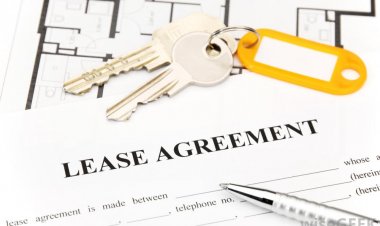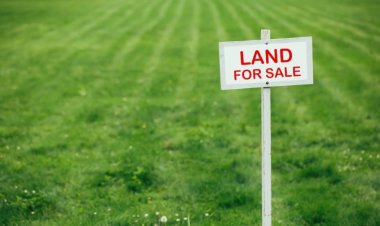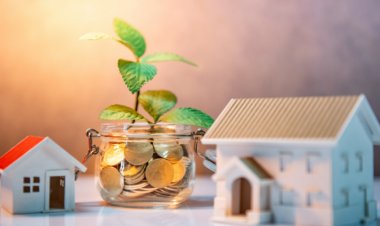Factors That Influence Your Home's Value

1. Location
The following are the primary social amenities that influence a buyer's decision, the closer your home is to these the more ideal it is hence, the higher its value.
- The quality of local schools
- Employment opportunities i.e. companies, office spaces, markets.
- Proximity to shopping, entertainment, and recreational areas.
- Closeness to public transport such as highways.
These factors can influence some homes to command steep prices while others, in the same town but a few kilometers away don't.
When it comes to calculating a home value, the location might be more important than its size and condition.
2. Age and condition
Typically, newer homes appraise at a higher value. The newer the critical parts of the house such as the plumbing, electrical system, roof, and appliances are, the less the buyer will spend on renovations therefore might be willing to pay more.
Many buyers would rather pay more for a house that won't cost them major expenses after the sale. Have a home and repair checklist that can help you identify key areas in your home to inspect before selling.
3. Home size and usable space
The size of your home is an important element to consider when estimating your Home's market value. The bigger your house the higher its value.
Livable space is very important to buyers and appraisers. Bedrooms, bathrooms, and the kitchen are highly valued so the more bedrooms and bathrooms and the bigger the kitchen, the more your home is generally worth.
4. The neighborhood
The best way to determine your home's value is by looking at the sale prices of similar homes in the neighborhood that have sold recently.
These are known as comparable homes whether it's a home appraisal, a comparative market analysis done by an agent, or an open door evaluation, most real estate experts rely on comparable homes to estimate your home value.
Steps to identifying a comparable home
- Look for homes that are recently sold. The more recent the better.
- Choose homes that have the most similar features to yours.ie number of bedrooms, bathrooms, or unique rooms such as a library or a gym.
- Choose a home that's in the same estate as your home. The closer the home is to yours the more accurate true estimation will be.
- If your home has a unique placement, such as a waterfront or near a busy street, look for a comparable home that has the same placement.
6. Upgrades and updates
Upgrade and updates can add value to one's home especially if the home has old outdated features.
7. The local market
The number of properties in the market for sale and the number of buyers can influence your home value. Just like any demand and supply market situation, if there are fewer houses and more buyers, then it becomes a seller's market. The sellers have an upper hand on the price but if the buyers are few and properties are many, then it becomes a buyer's market and sellers have to adjust the price to attract more buyers or have to be willing to make concessions to a buyer.
Additionally, market conditions affect how long your property will be in the market before it actually sells.
8. Economic Indicators
The economy often impacts a person's ability to buy or sell a home. In slower economic Conditions, the housing market can struggle.
For example; if there are more employed people with good wages, then the people have a budget that can allow them to own homes hence higher demand and higher prices. However, if employment or wage grows slowly, then fewer people might be able to afford a house or there may be less opportunity to relocate for new opportunities.
It is important to keep up with the current status of home sales and home price appreciation in your area so as to evaluate the best time to sell your house.

































